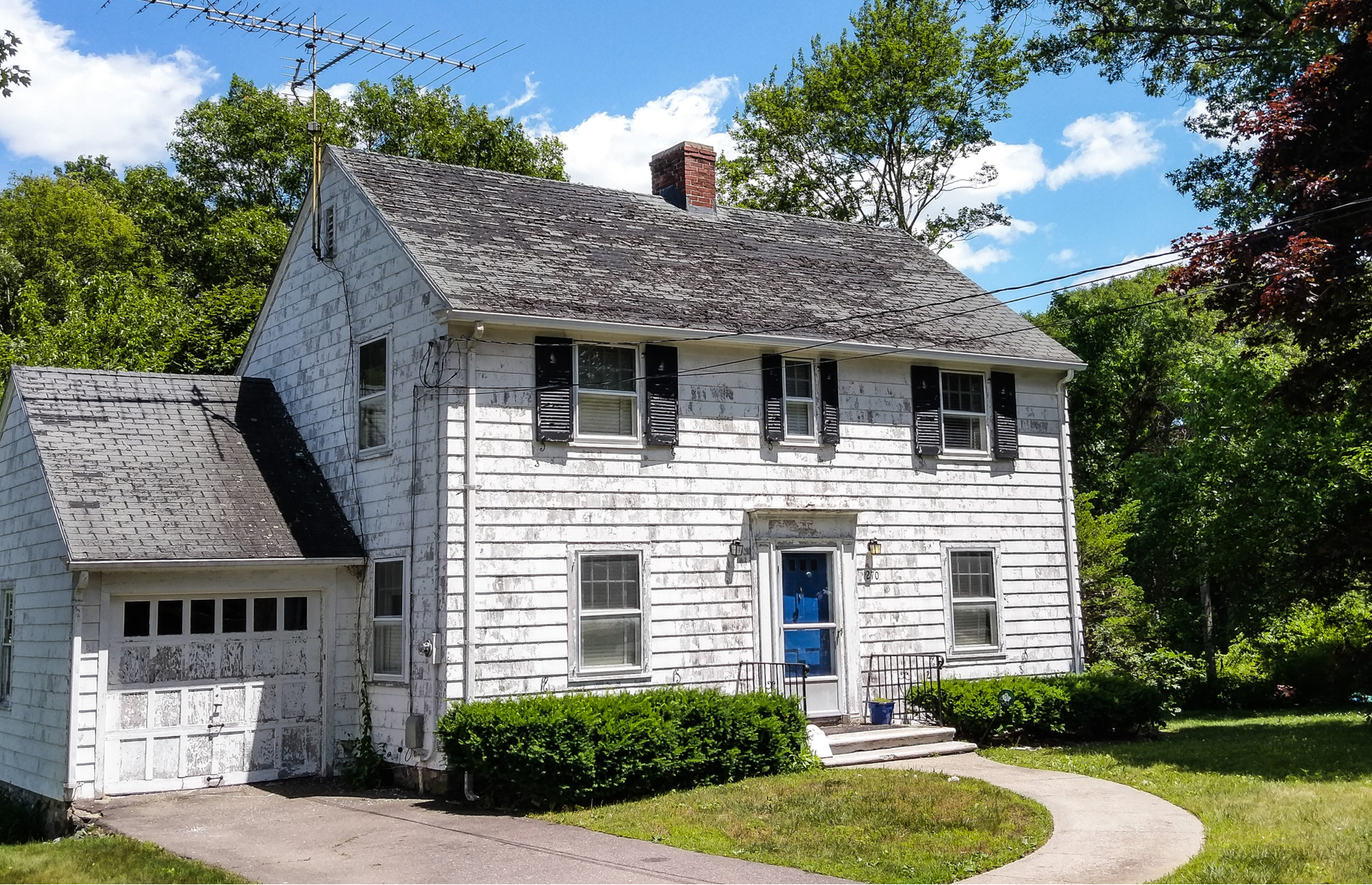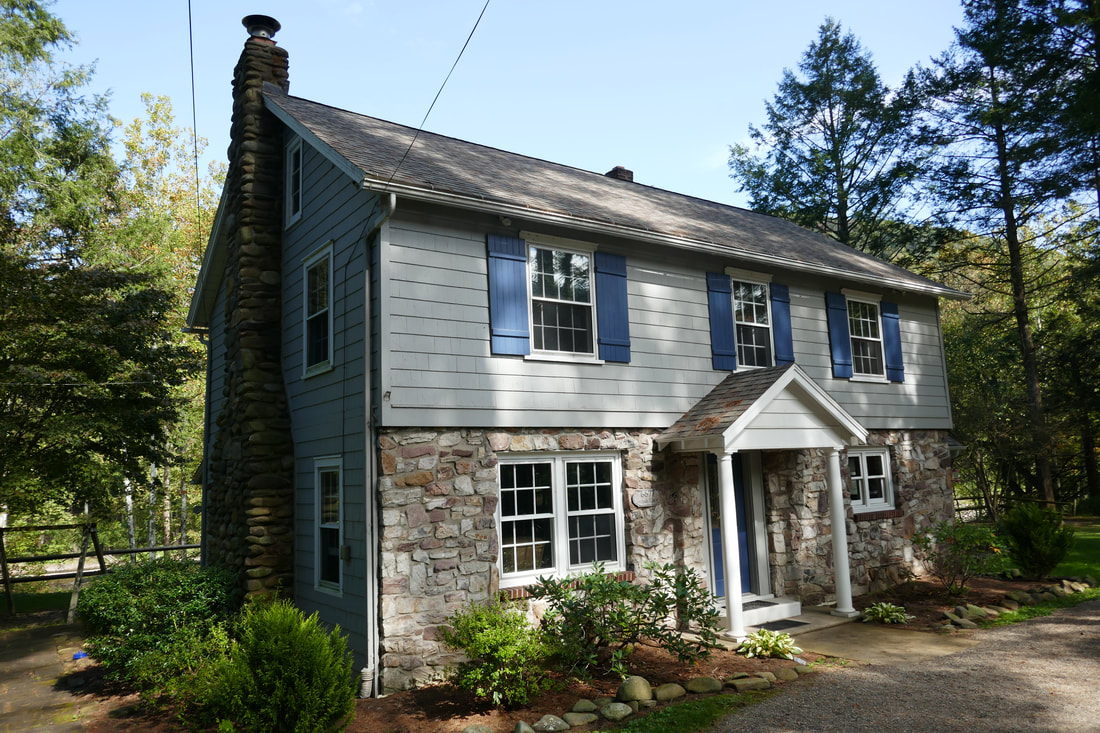
Investing in older properties, often referred to as vintage or historic real estate, presents unique opportunities and challenges for buyers. While older properties may come with charming architectural features and a sense of history, they also require careful consideration and due diligence to ensure a successful investment. In this article, we'll explore the benefits, considerations, and strategies for buying older properties.
- Understanding Vintage Real Estate: Vintage real estate refers to properties that are typically older than 50 years and possess historical, architectural, or cultural significance. These properties may include historic homes, buildings, apartments, or commercial spaces with distinctive characteristics and craftsmanship that reflect the era in which they were built.
- Benefits of Buying Older Properties:
- Unique Charm and Character: Vintage properties often feature unique architectural details, period-specific design elements, and craftsmanship that distinguish them from modern construction.
- Potential for Value Appreciation: Historic properties may appreciate in value over time due to their scarcity, architectural significance, and preservation efforts by owners and communities.
Green Team Home Renovations: Leading Sustainable Electrical Works
- Opportunity for Restoration and Renovation: Buying an older property provides the opportunity to restore, renovate, or rehabilitate it to its former glory, preserving its historical integrity while adding modern amenities and functionality.
- Tax Incentives and Historic Preservation Programs: Many governments offer tax incentives, grants, and financial incentives to encourage the preservation and rehabilitation of historic properties, providing potential cost savings for buyers.
read also: Benefits of Buying Older Properties
- Considerations Before Buying:

- Preservation Restrictions: Historic properties may be subject to preservation restrictions, zoning regulations, and design guidelines that limit alterations, renovations, or demolitions to protect their historical integrity.
- Structural Condition: Older properties may have deferred maintenance, structural issues, or outdated systems that require repair or replacement. Conduct thorough inspections by qualified professionals to assess the condition of the property and estimate repair costs.
- Cost of Ownership: Factor in the ongoing maintenance, repair, and insurance costs associated with owning an older property, as well as any additional expenses for compliance with historic preservation standards.
- Financing Challenges: Securing financing for older properties may be more challenging due to their unique characteristics, higher risk factors, and potential restrictions on financing options. Explore specialized loan programs and lenders experienced in financing historic properties.
- Strategies for Success:
- Conduct Extensive Research: Research the history, architectural style, and significance of the property, as well as its surrounding neighborhood and community. Understand the local market dynamics, property values, and demand for historic properties.
- Work with Experienced Professionals: Engage with real estate agents, inspectors, appraisers, and attorneys experienced in dealing with vintage properties to guide you through the buying process and address any unique challenges or considerations.
- Consider Potential for Value-Add: Evaluate the potential for value appreciation through restoration, renovation, or adaptive reuse of the property. Identify opportunities to enhance the property's marketability and appeal while preserving its historical character.
- Understand Preservation Standards: Familiarize yourself with historic preservation standards, guidelines, and requirements governing alterations, renovations, and additions to historic properties. Work closely with preservationists, architects, and local authorities to ensure compliance and obtain necessary approvals.
read also: Strategies for Success in Buying Vintage Real Estate
In conclusion, investing in older properties offers a unique opportunity to own a piece of history and contribute to the preservation of architectural heritage. By understanding the benefits, considerations, and strategies outlined in this guide, buyers can navigate the complexities of buying vintage real estate and unlock the potential for long-term value appreciation and personal satisfaction.
read also: Lower Purchase Price Real Estate